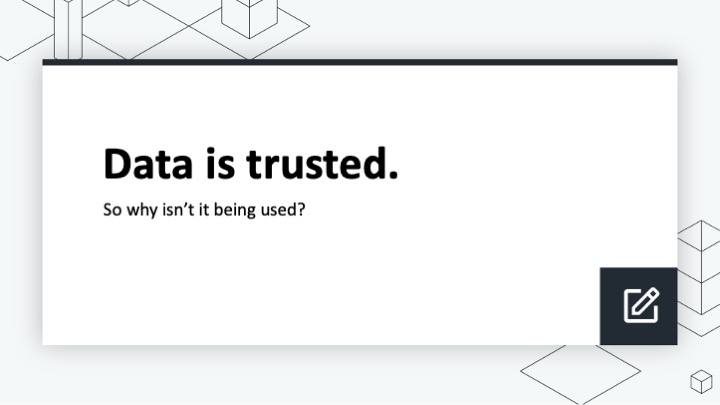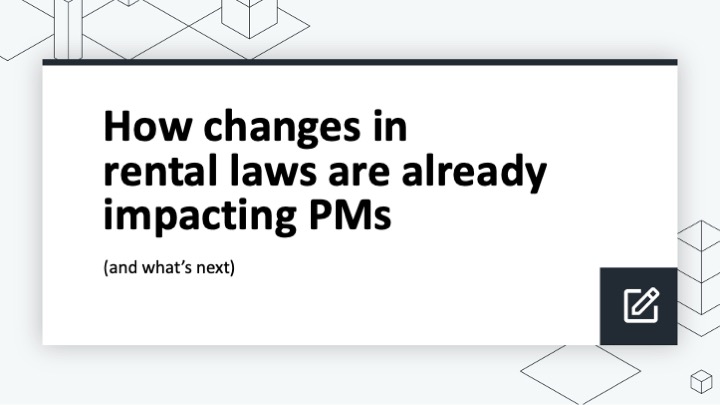Reapit in Australia & New Zealand
.jpg)
AML/CTF Tranche 2: How it will reshape real estate compliance & how to prepare
July 2026 marks the next wave of AML/CTF reforms - Tranche 2. Real estate agencies will need to review their compliance processes to stay ahead. In this article, we break down what's coming and share practical steps to prepare.
The Australian Real Estate industry is bracing for a seismic shift, and Reapit is here to help. From 1 July 2026, property professionals who deal with residential, commercial, industrial or agricultural property will be categorised as ‘reporting entities’ under the national Anti-Money Laundering and Counter-Terrorism Financing (AML/CTF) regime (Tranche 2). This will have a huge impact on the industry, but it’s an important step toward catching up with global best practice.
At Reapit, we’re committed to empowering and assisting agencies through this transition. It’s important to us to partner with the industry to ensure that clients can use Reapit solutions to help them comply with the new obligations.
While these changes may feel overwhelming at first, getting ready early will put your business in a strong position to be compliant by 1 July 2026. Here’s what you need to know, and the steps you can take now for a smooth transition.
Why this matters now
The expansion of AML/CTF regulations to the real estate sector reflects a global effort to close loopholes exploited by criminals. As it has significant transaction values and potential for complex ownership structures, real estate has been identified as a vulnerable area for money laundering. Including the sector in this reporting regime will see Australia aligned with international best practices and strengthen its defence against financial crime.
Simply put, you will soon be obliged to be a frontline defender against financial crime.
Think of it like this,: criminals use real estate to clean 'dirty' money, disguising illegal funds as seemingly legitimate property investments. Previously, banks were the main point of control, tasked with stopping this. Now, the government is officially expecting the real estate industry to help.
What the regulation really means
As a reporting entity, you will have a legal duty to:
- Know your clients: You must verify the identity of every buyer or seller you deal with. This goes beyond a simple ID check; you need to understand who they are and who the real owners of a client company might be.
- Be alert: You must watch for red flags. If a transaction looks suspicious, too good to be true, or a customer does not wish to disclose where their money came from, it will be your responsibility to be vigilant.
- Speak up: If you form a reasonable suspicion that a transaction is connected with money laundering or terrorism financing, you are legally obligated to report it to AUSTRAC, Australia's national financial intelligence agency.
Every real estate professional will play a vital role in preventing criminal activity in the property market.
What this means for agencies from 1 July 2026
Under the new legislation, real estate agents will take on an important role in spotting and reporting suspicious transactions that may be linked to money laundering or terrorism financing. This means agents will have a number of new responsibilities, such as:
- Enrolling and registering with AUSTRAC. As a reporting entity, you must enrol and register with AUSTRAC. The enrolment period for Tranche 2 entities opens from 31 March 2026 and must be completed by 1 July 2026.
- Developing and maintaining an AML/CTF program. It is crucial that you create an AML/CTF program that is specific to your organisation. It should identify the systems and controls you will employ to detect, mitigate, and manage money laundering and terrorism financing risks.
- Conducting Initial and Ongoing Customer Due Diligence (CDD). You will be required to verify the identity of both buyers and sellers in a transaction. This is a "Know Your Customer" (KYC) check, similar to what banks currently do. It's about establishing who your customers are on reasonable grounds.
- Reporting suspicious activities. You must monitor for and report suspicious matters to AUSTRAC. This includes transactions or activities that may be related to crime, even if they seem insignificant. You will also need to supply an annual compliance report to AUSTRAC.
- Making and keeping records. Comprehensive records of customer identification, transactions, and AML/CTF program activities must be maintained for a period of seven years. These records are subject to inspection by AUSTRAC.
- Appointing an AML/CTF Compliance Officer. A senior manager in your business must be appointed to oversee the AML/CTF program and ensure compliance.
- Staff training. All relevant employees must receive ongoing training on your AML/CTF obligations, how to identify suspicious activities, and their role in reporting.
What you can do right now
Your first action is to keep yourself informed about these changes, and to follow any guidance from AUSTRAC and other industry bodies. Getting on the mailing list to receive webinars and workshops of this topic is a great way of improving your understanding of your obligations.
It’s also a good idea to investigate the technology solutions on the market that can assist with AML/CTF compliance. These systems can automate customer due diligence, transaction monitoring, record-keeping and reporting.
Don’t overlook how the solutions can connect with your existing processes so you can remain efficient and keep your data secure. Reapit will soon introduce a comprehensive tool designed to help clients meet these obligations with ease.
It is worth starting to prepare your AML/CTF program by charting the policies, controls and systems you will be required to implement. Make sure you consider how you will verify identity, and how you will detect potential risk and report it.
If you need help with your AML/CTF program, seeking advice from legal and compliance experts may be a good place to start. These experts can assist you in creating a program that suits your business model and complies with the regulatory requirements.
The cost of getting it wrong
Failing to meet your AML/CTF obligations can lead to severe penalties. AUSTRAC, the regulator, has a range of enforcement actions it can issue against a non-compliant business. These include civil penalty orders, enforceable undertakings, infringement notices and compulsory external audits (visit AUSTRAC for more details).
In addition to regulatory action, non-compliance can also lead to significant reputational damage and disruption of your business. In a profession where reputation and trust are of the utmost importance, AUSTRAC’s public enforcement can directly impact a brand and customer relationships.
How Reapit will help
At Reapit, we are dedicated to helping agencies navigate regulatory changes with confidence. That is why we will release new tools to support compliance with AML/CTF requirements and the upcoming Tranche 2 reforms.
Our planned solutions are designed to integrate directly into your existing workflows. This will ensure processes stay efficient and sensitive data is managed securely within a single platform.
This approach not only simplifies compliance efforts but also reduces the risk of data breaches and operational disruptions.
This information is provided for general guidance only and does not constitute legal or professional advice. For specific compliance requirements, we recommend consulting a qualified legal or compliance professional.




.png)
